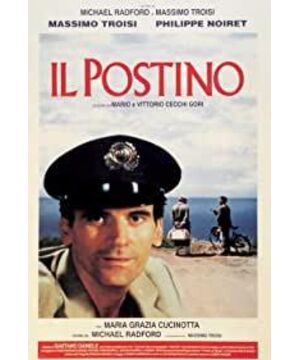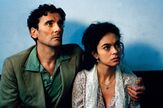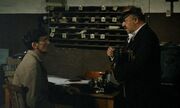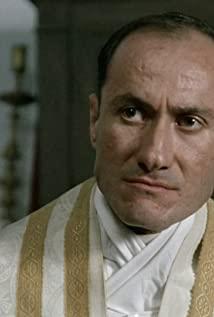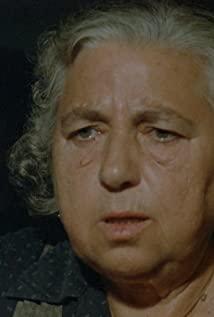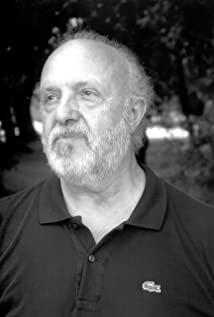The impression of the junior high school era keeps me firmly in mind the name of Beatrice, metafora, and perhaps d'Annunzio. Since then, the enthusiasm for "The Divine Comedy" has started, and because of this, I pay attention to Modigliani and Gabriel Rossetti, and naturally their wives (I always pay more attention to the women of the artist than to themselves), but Neruda, Mario's guide was more or less ignored by me. Probably because it was still young, the memory left by the poems in the movie was like the ripples of a white bird flying over the water, and it quickly dissipated.
Until one day I read in the newspaper that someone translated his poem, "Cuerpo de mujer", the translator explained in detail the translation of las rosas del pubis, and what I remember most was the one that followed. "Your slow and sad voice." The translator translated the fourteenth Juegas todos los días con la luz del universo. The murmur of "wind, wind" made me addicted to it.
Then there are years of oblivion. I don't know when, the enthusiasm for all this rekindled. I searched Neruda's poems everywhere on the Internet, and the one I remembered recently is A nadie te pareces desde que yo te amo. The 20 love poems have yet to be discovered.
The Beatrice in the film surprised me, and it can also be said that it confirmed my aesthetic orientation to a certain extent. But Beatrice in Dante's mind should not look like this, it doesn't matter. My ideal Beatrice is Rossetti’s late wife, Beata Beatrix, and pale red-haired Lizzie Siddal.
Dante called Beatrice's eyes the first beauty, and her lips are the second beauty. Has been puzzled because the eyes are often regarded as the window of the soul, and the lips are sensual. A thought flashed that day, could it be the affectionate eyes and the chaste lips?
Don't mind if you talk nonsense.
View more about The Postman reviews


